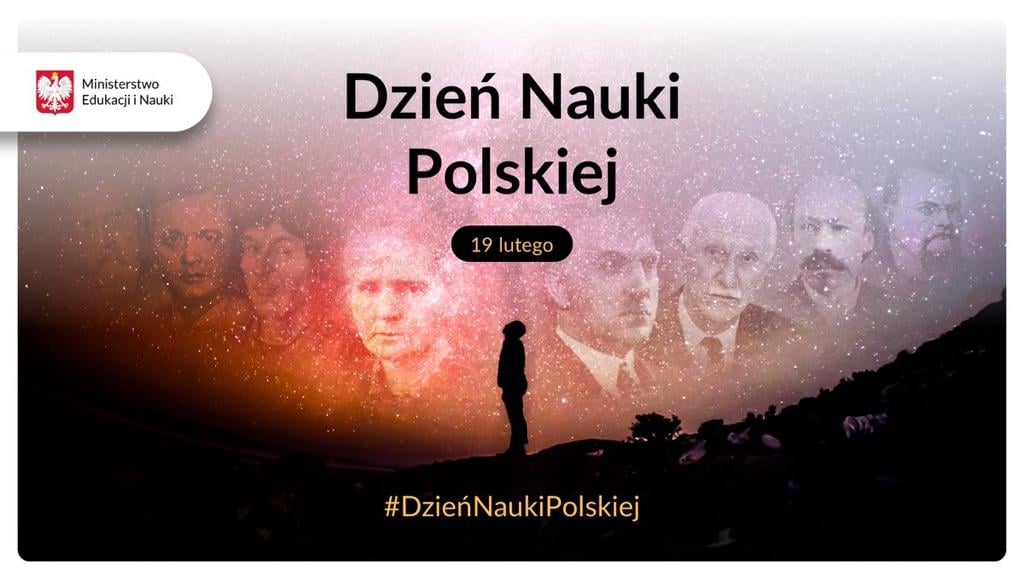Since 2020, the Day of Polish Science has been celebrated on the birthday of Nicolaus Copernicus. As stated in the explanatory memorandum to the Act of 9 January 2020, the establishment of this holiday was “an expression of the highest recognition of the achievements of domestic scientists in the more than 1000-year history of our nation and state”. This year also marks the 550th anniversary of the birth of Nicolaus Copernicus.
The initiators pointed out that for centuries, science provided a key impetus for intellectual, social and economic development. This also happened in circumstances that were extremely difficult for Polish nation. “During the devastating wars, partitions and occupations science played an important role in shaping successive generations of Polish elites feeling responsible for the fate of the community”, reminded the authors of the bill.
This year’s Polish Science Day in Toruń is marking the start of the World Copernicus Congress.
Opening the Congress, the Minister of Education and Science, Przemysław Czarnek, stated that the aim of scientific reflection is to discover the truth, which is particularly important in the modern world.
At Silesian universities, the Polish Science Day adopted the form of preparations for events connected with the title of European City of Science 2024 awarded to Katowice.
According to the University of Silesia, the region’s universities have agreed on six thematic paths that respond to the most important challenges and problems of the contemporary world. These tracks are the foundation of the EMN 2024 programme currently under development.
The agreed thematic tracks are dedicated to climate and environment, health and quality of life, industries of the future, social innovation, industrial and cultural heritage and creation and critique.
The programme is based on the cooperation of seven universities: The University of Silesia, the K. Szymanowski Academy of Music, the Academy of Fine Arts in Katowice, the Academy of Physical Education, the Silesian University of Technology, the Silesian Medical University and the University of Economics in Katowice.
Adrian Andrzejewski





